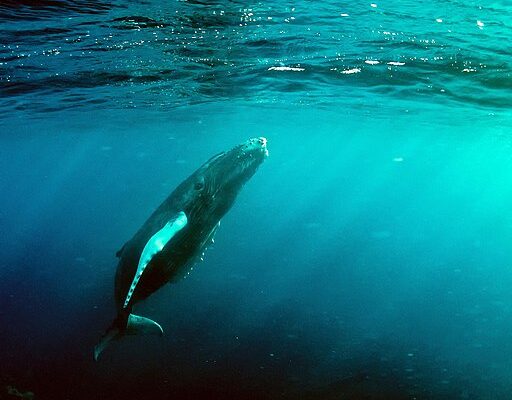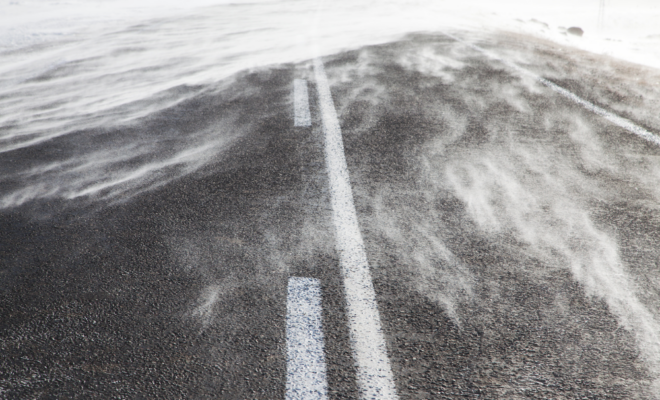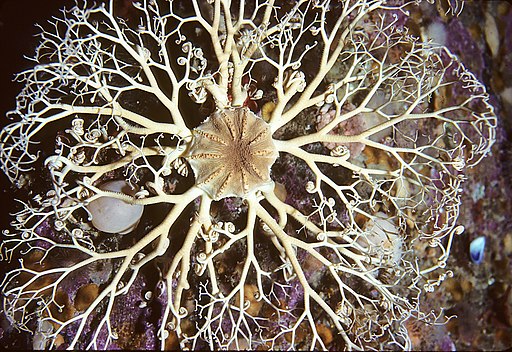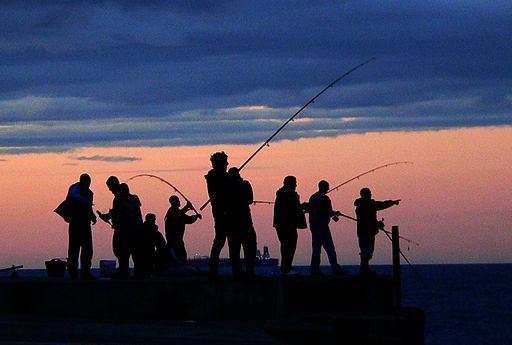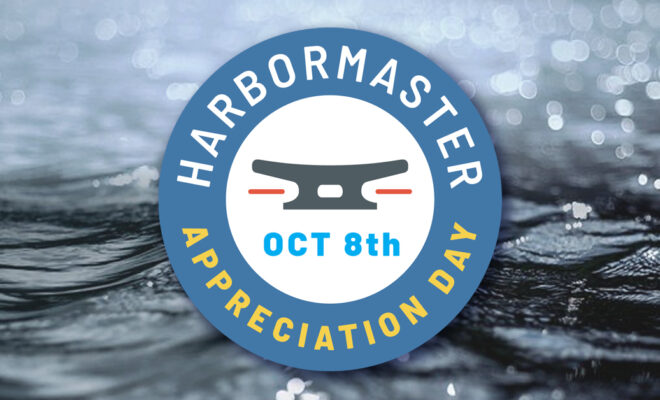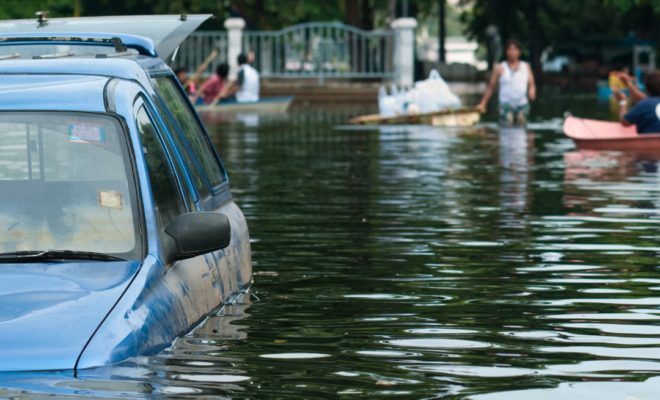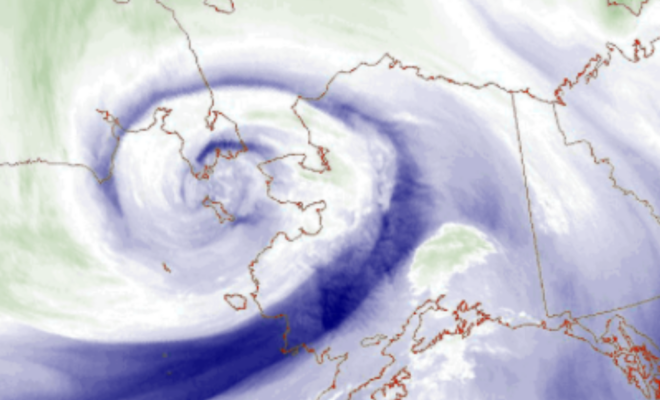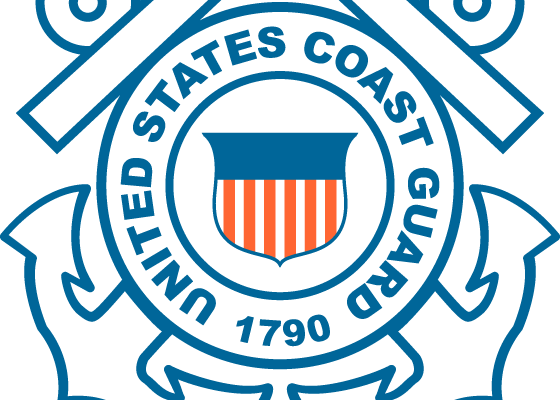North Atlantic Right Whale Calving Season 2023
12/27/2022 - By fisheries.noaa.gov We estimate there are fewer than 350 North Atlantic right whales remaining. With so few of these whales left, researchers closely monitor the southeastern United States for new offspring during the annual right whale calving season. Every single female North Atlantic right whale and calf are vital to… SEE MORE
